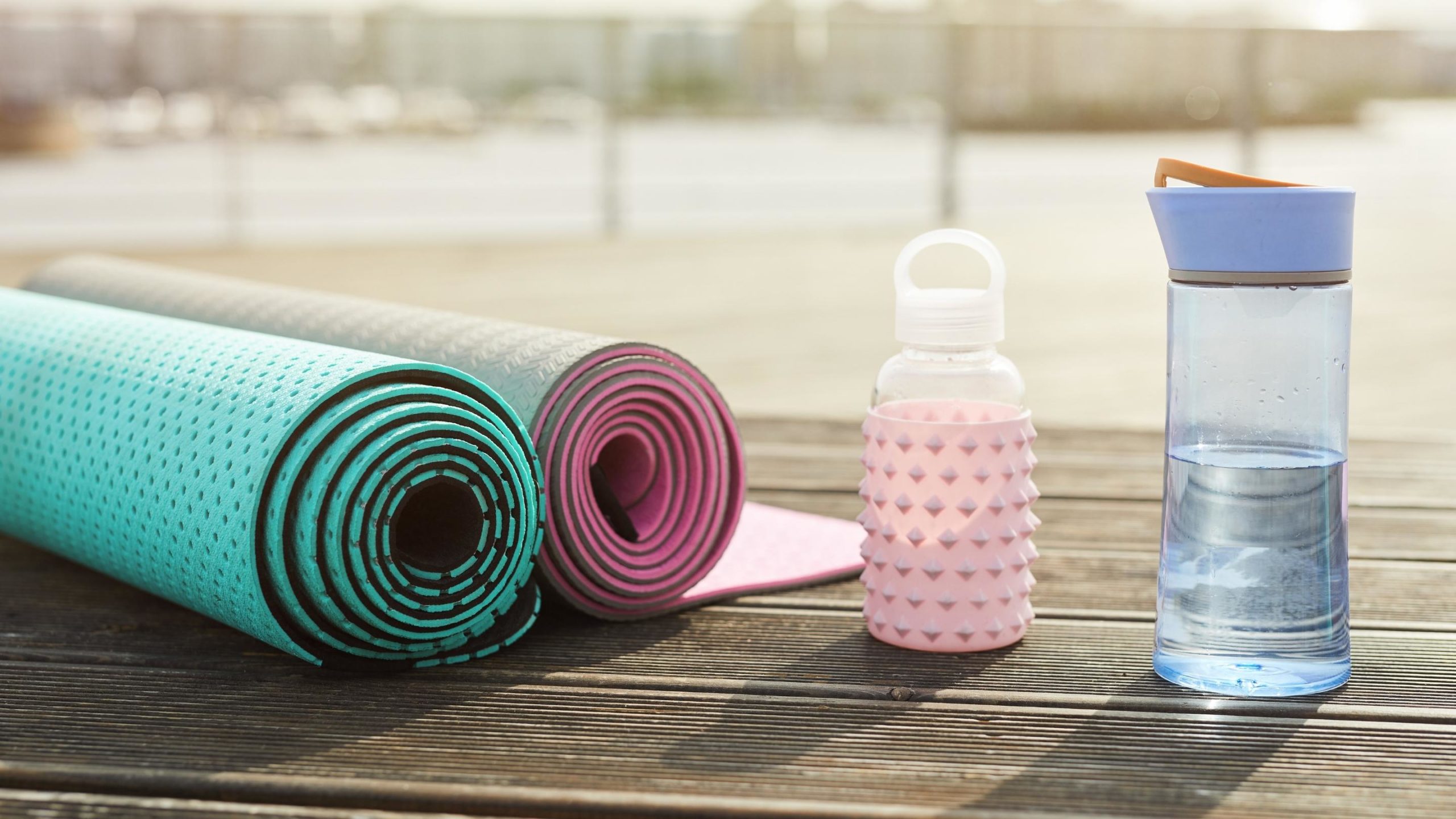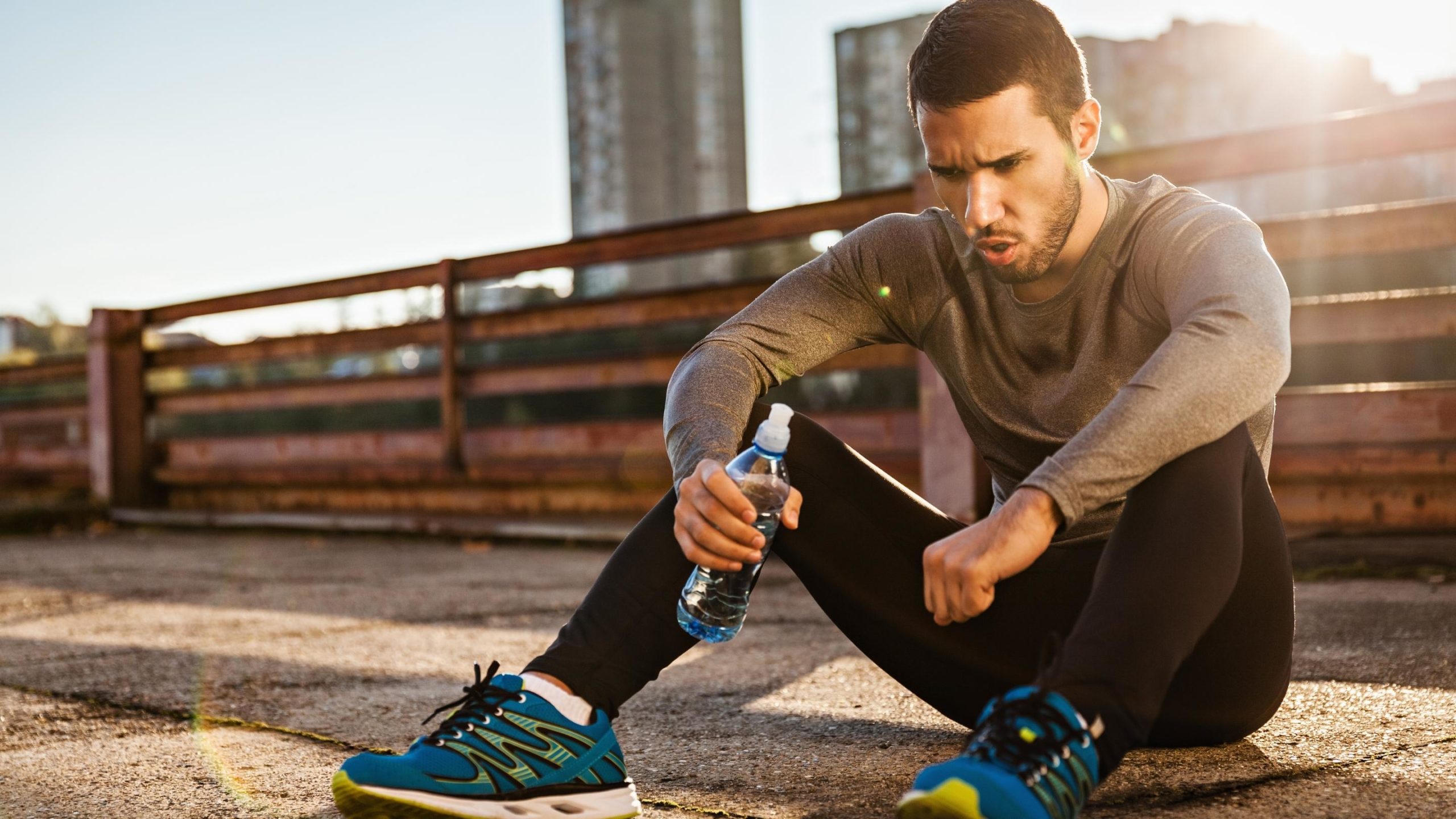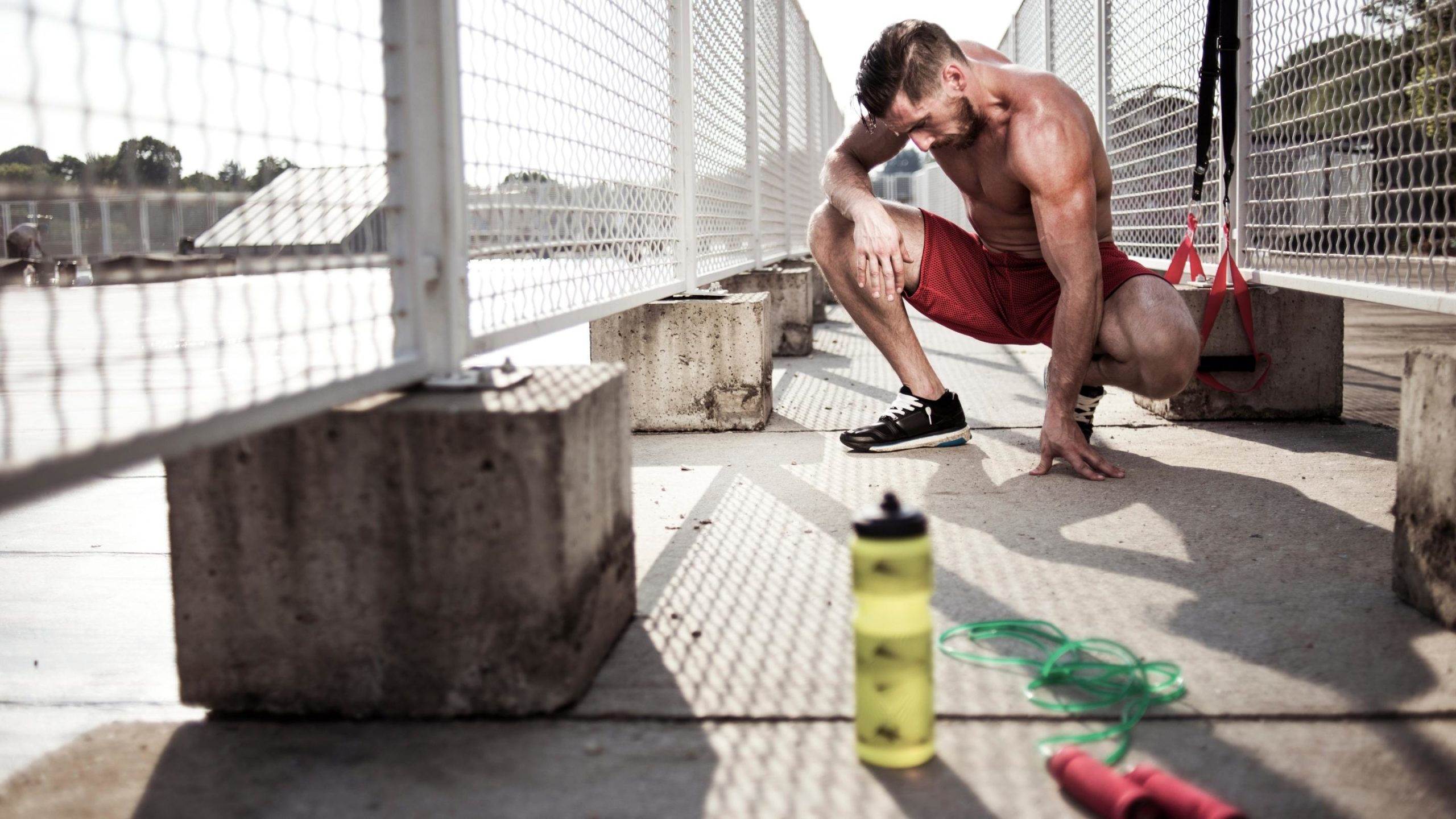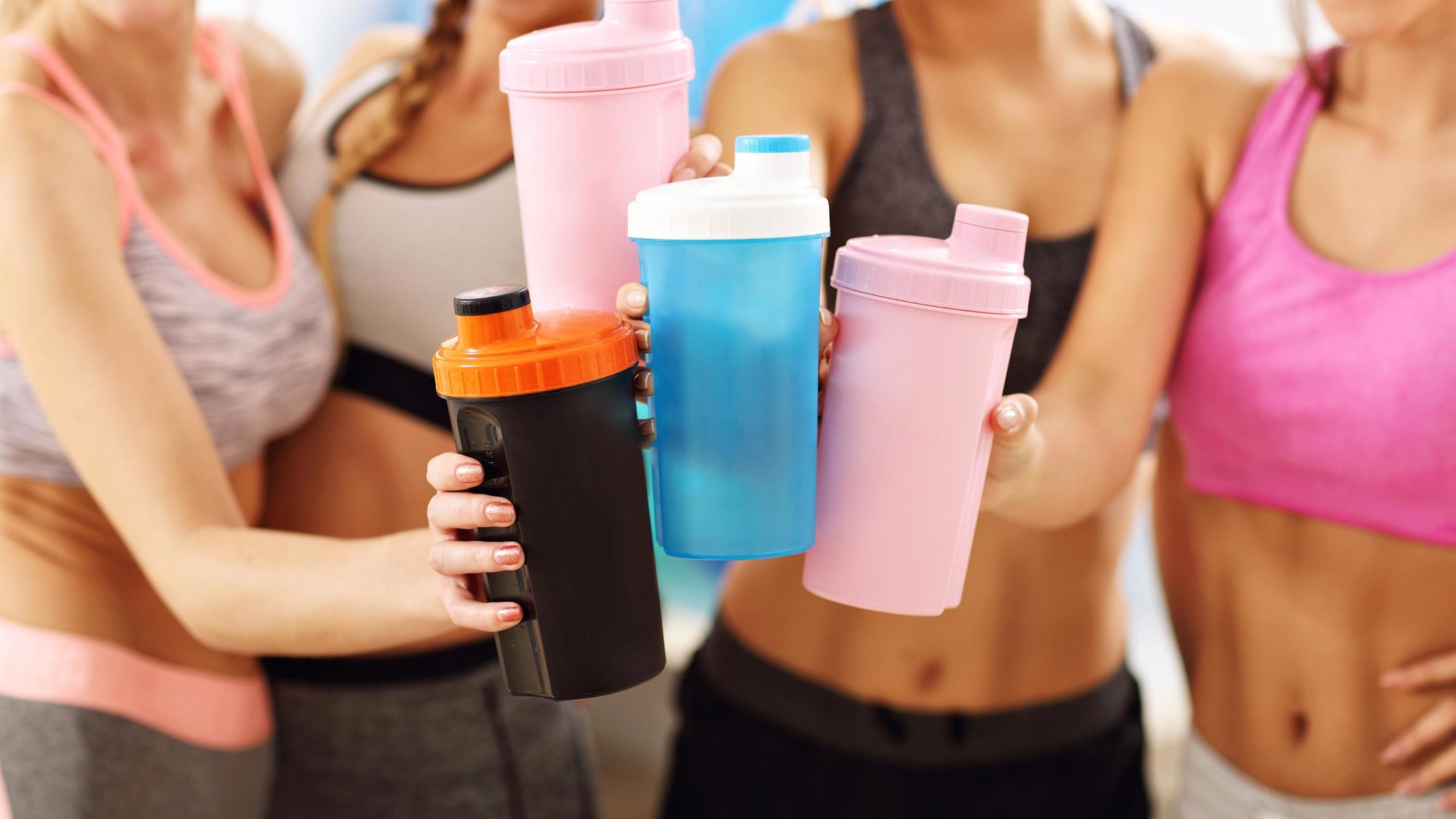Aside from branched-chain amino acids and other essential amino acids, you’ll also hear about how “electrolytes” can improve your next training session. If you are a gym rat or an endurance athlete, you probably care most about learning how to improve fluid balance, muscle protein synthesis, muscle building, and athletic performance.
Did you know the correct schedule and electrolyte dosage can help with all of the above?
Key Point: Setting a good electrolyte routine for pre-workout, intra-workout, and post-workout is a great way to stay in peak physical condition.
In this article, you’ll understand how electrolytes work and how to optimize dosing schedules to achieve the best workout performance throughout your routine.
Pre-Workout

Benefits of Pre-Loading
Whether planning an intense workout or an easy one, your body will sweat during the process. Sweating is your body’s way of returning to its normal temperature; the more you sweat, the more body fluid you lose. Athletes in particular will benefit from preloading electrolytes.
To counteract this, consider preloading by taking about 8oz of an electrolyte drink roughly 90 minutes before your workout. Here’s the benefits of doing so:
- When you start losing fluids and electrolytes, your body becomes dehydrated, affecting your overall exercise performance. It will impair your body’s heat regulation, leaving you no energy.
- Taking proper pre-workout supplements or pre-loading will help your body store high amounts of fluids in your body, which helps to improve muscle function and endurance.
- Pre-loading also increases muscle flexibility, which encourages better extension and contractions of muscles. This translates to a better workout, particularly in strength and resistance training.
- You’ll experience better endurance, increased muscle strength, and less body fatigue.
However, you may still get dehydrated if you’re not taking the proper amount of fluids with your pre-workout supplements.
A study of 400 club/university athletes of different sports showed that almost 31% were dehydrated after a workout. This study also concluded that most athletes have poor knowledge of sports nutrition and that runners in particular need better hydration.
Key Points: Pre-loading on electrolytes before a workout is an excellent way to counteract the effects of becoming fatigued and dehydrated during grueling exercise.
Sodium
Experts often advise you to take less sodium because it can harm your health.
But if you perform workouts, you are required to take more to have a better electric charge–of course, not more than what your body needs. Too much of anything, even too many electrolytes, will do you more harm than good.
Sodium provides some great benefits:
- Sodium aids in proper nerve function
- Regulates muscle contraction
- Stabilizes intravascular blood volume
- Stores and regulates your body’s level of fluid during workouts
An insufficient amount of sodium in your body fluids (known as hyponatremia) may lead to body fatigue, muscle cramps, dehydration, and in some cases, organ failure.
Recommendation: Add sodium or ½ teaspoon of regular salt to your pre-workout meal about two hours before you workout. However, the dosage can increase or decrease depending on factors such as temperature, workout intensity, and duration.
Potassium
Your muscle fibers store potassium, an important electrolyte that helps you during workouts by increasing energy levels in your muscle tissue.
This electrolyte helps your body transport sufficient glucose to your muscle cells. It works in conjunction with chloride and sodium to regulate your body’s fluid balance.
Here’s how your muscles use potassium:
- Your body uses potassium to break down glycogen, giving you increased energy production for longer and more extensive workouts.
- During this process, your muscles lose potassium and will leave your body through sweat and urine.
- Once you lose potassium, you’ll immediately feel sore, and in extreme cases, you may feel like you’ll collapse.
To avoid dangerous loss of potassium, it is recommended that you include it in your pre-loading routine.
Recommendation: While the recommended daily potassium intake for adults is 3,400 mg for females and 2,600 mg for males, an additional 100-200mg is advisable for those seeking increased endurance performance.
Magnesium and Calcium
Magnesium helps in relaxing muscles under strain and building muscle mass. Magnesium is also used for getting extra boost of energy during and after your workout.
- If you don’t have adequate amounts of magnesium, your muscles can’t relax, which can lead to severe muscle cramps.
- It can also build lactic acid that will cause uncomfortable muscle soreness and pain.
- Calcium, on the other hand, works opposite of magnesium and is prioritized by endurance athletes for its ability to strengthen bones and muscle tissue.
- Calcium is responsible for maintaining strong bones and proper contraction of your muscle tissue.
Recommendation: Taking 25mg of magnesium and calcium pre-workout supplements for every workout is advisable.
Intra-Workout

How to Tell if You Need Replacement During Exercise
Despite having good pre-workout supplements and routines, it’s still possible to feel dehydrated intra-workout (during your workout).
Total sweat losses and electrolyte content vary substantially among active people since not everyone does the same workout routine under the same conditions (such as temperature and intensity of workout).
Rates at which your body expends electrolytes differ for every person and are influenced by several factors:
- Type of exercise
- Duration of exercise
- Body composition
- Pre-workout routine
- Room temperature.
Here are the signs that will tell you that you need electrolyte replacement:
- You’ve been exercising for a long time.
- You’re sweating a lot
- Drinking water is no longer helping you cool off
- You are exercising in the heat
The Bottom Line: Whether you need electrolyte replacement during you exercise routine will depend on a variety of factors, however there are some clear signs of electrolyte imbalance to monitor.
Sodium Replacement
Sodium replacement will vary depending on how sweaty you are.
- If you are a heavy and salty sweater, you must take at least 700 mg of sodium for every 1 liter of fluid.
- If you are not a heavy or salty sweater, do not take more than 300 mg for every 1 liter; otherwise, you may experience heart disease or high blood pressure.
Recommendation: To ensure you don’t get low on sodium, bring ready-to-eat snacks with sodium content and drink energy drinks with electrolytes every 15-20 minutes. If you’re doing a more extensive workout, you can start by consuming 500 mg of sodium every hour and increase accordingly.
Magnesium
It’s plausible that you experience muscle soreness during an intra-workout performance. If you feel muscle cramping or you’re getting uncomfortable in the first hour, it’s a sign that you need to replenish magnesium immediately.
- It is suggested to consume 15-30 mg of magnesium per hour of exercise, up to a dose of 350mg total in a day.
- A large dose of daily magnesium (350mg) has been linked to increased performance during workouts.
However, this will not take effect instantly.
You need to wait a couple of minutes for it to kick in. Do not take more than what is suggested, or you may experience an upset stomach.
And remember, magnesium makes the best laxative at a high dosage–so you’ll want to avoid excessive doses during a workout for obvious reasons.
The Bottom Line: Taking magnesium throughout your workout can help to relax and stabilize your muscles during grueling workouts. Taking large daily doses has been linked to increased workout performance.
Post-Workout

Some people, primarily those new at working out, often treat the post-workout routine as something optional—something to do if there’s free time.
It is important that your body recovers from your workout; otherwise, you’ll feel exhausted for days. You can start by munching on quick snacks and drinks, such as bananas, dairy, prunes, and potassium-rich foods.
Here are some of the best food and drinks you can take to help your muscles recover faster.
Coconut water
Coconut water is commonly used for hydration after exercise. Coconut water does include electrolytes, including sodium, potassium, and manganese.
However, we suggest a sports drink with a higher dose of supplements if you’re finishing an intense training session.
Sports drinks
A sports drink is one of the most convenient ways to increase electrolytes and restore them after a hard workout. Gatorade is one of the most popular sports drinks in the market today.
100% Fruit juices
Watermelon, cherry, and orange juice are healthy suppliers of electrolytes like magnesium and potassium. 100% fruit juice also provides a significant amount of vitamins and antioxidants to help your body recover faster. You can make your own beverage by adding fruit juice to water.
Regardless of your insulin sensitivity, 100% fruit juices will not increase your risk of diseases such as diabetes.
Smoothies
If you have more time, you can make smoothies. The best smoothies are incorporated with protein-rich additives, such as nuts, kales, seeds, and fruits rich in potassium. This is also best for stimulating muscle tissue repair and growth.
Electrolyte-infused waters
Electrolyte-infused waters are another alternative to replacing lost electrolytes. But be careful when choosing a brand. If you are in a calorie deficit, choose a brand with less sugar.
Dairy Products/Milk
When we talk about milk, we’re not referring to expensive ones like almond milk. If you want to use milk to replenish electrolytes, we suggest using cow’s milk. The qualities of cow’s milk make this one of the best recovery drinks available.
Furthermore, other dairy products, such as cheese and yogurt, are also suitable for restoring electrolytes.
Vegetables
Vegetables, especially leafy greens, are a good source of electrolytes. Examples are kale, spinach, squash, artichoke, beets, beans, broccoli, brussels sprouts, and kohlrabi.
White Meat and Poultry
White meat and poultry have three nutrients that help you regain optimal balance of electrolytes. The three electrolytes found most frequently in poultry are sodium, potassium, and chloride.
The Bottom Line: A great post-workout recovery routine involves a balanced diet that’s rich in nutrients and electrolytes.
